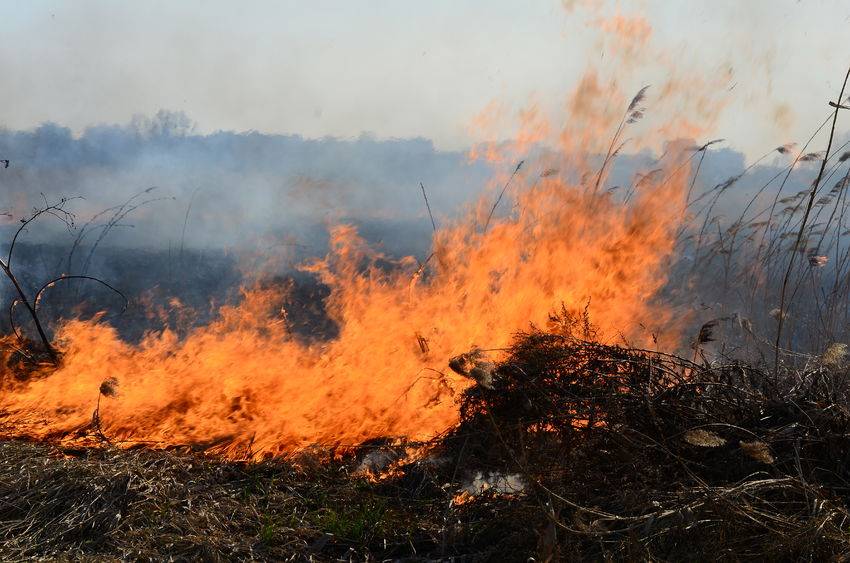
As wildfires continue to spread across the UK, campaigners are raising concerns following the government's announcement of further restrictions on peat burning.
Rare upland species and rural communities are at increased risk from wildfires if the use of controlled burning is excessively restricted, campaigners warn.
Recent days have seen uncontrolled wildfires, with fire crews battling through the night to contain the flames in locations including Bodmin Moor, the Dorset, Co Down, and Cumbria.
Defra’s plans, announced last week, propose extending the 2021 restrictions on burning to an additional 146,000 hectares of deep peat in the uplands.
The revised proposal also redefines "deep peat" to include peat over 30cms deep (instead of the previous 40cms) and expands the ban to land classified as "less favourable."
Under the new rules, burning would only be allowed under strict licensing when necessary, such as to reduce wildfire risk.
The Countryside Alliance argues that controlled burns, carried out by trained experts like farmers, gamekeepers and conservationists, are the most effective way to reduce heather fuel loads.
Low-intensity "cool burns" remove the heather canopy, preventing peat and moss below from burning and creating natural fire breaks to help contain wildfires.
These controlled burns also promote the growth of peat-forming sphagnum moss, which absorbs and filters water, campaigners at the group say.
In 2018, Saddleworth and Marsden moors experienced wildfires after restoration projects aimed to re-wet the peatlands, which had no-burn policies in place.
Similarly, a wildfire in Scotland's Flow Country in 2019 caused extensive damage, burning over 22 square miles of a UNESCO World Heritage site and releasing 700,000 tonnes of CO2, doubling the country’s emissions for the six days it burned.
Research from the University of York, which is conducting a 20-year study on vegetation management and its effects on climate change, water storage, and biodiversity, found that there is no "one-size-fits-all" solution.
The study emphasises that heather burning, mowing, and leaving land unmanaged should remain available as management options for land managers.
Adrian Blackmore, a director at the Countryside Alliance said controlled burning had a vital role to play in conservation and the prevention of wildfires.
"The previous government recognised that the risk of wildfires increased if moorland is left unmanaged," Mr Blackmore added.
"It is essential that decisions on how we manage our uplands are made using available evidence and the most recent research, which recognises the importance of controlled burning.”
